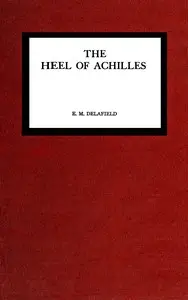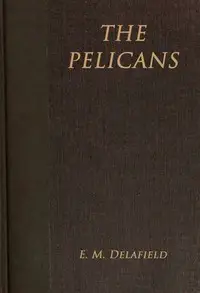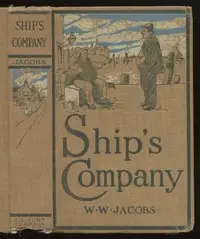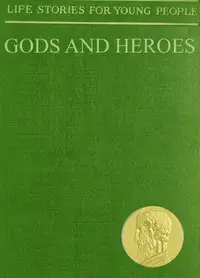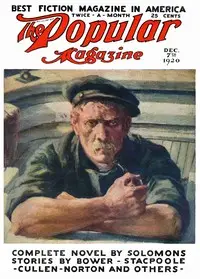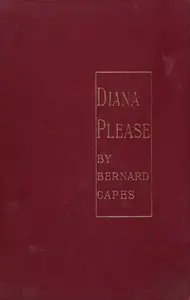"The Optimist" by E. M. Delafield is a novel written in the early 20th century. The story revolves around Owen Quentillian as he reflects on his past experiences and relationships with the Morchard family while grappling with his own identity and aspirations. In particular, it explores the dynamics within the Canon Morchard's household, highlighting themes of duty, love, and self-discovery. The opening of the novel introduces Owen Quentillian embarking on a voyage and recalling his childhood connection with the Morchard family, particularly his recollections of Valeria and her siblings. Reflecting on his poignant experiences at St. Gwenllian, Owen navigates memories of interactions with the Canon, his daughters, and the dynamics of their family life. As Owen reconnects with Lucilla and the Canon, he wrestles with feelings of nostalgia and a desire to understand his place in their lives, while Valeria emerges as a significant figure, embodying complexities of personal expectations versus familial duty. The beginning sets the stage for an exploration of relationships, individual aspirations, and the intricacies of family loyalty, eventually leading Owen toward a more profound introspection about partnership and belonging. (This is an automatically generated summary.)
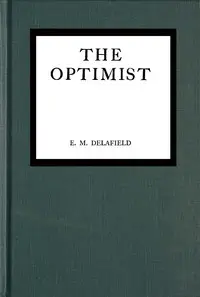
The optimist
By E. M. Delafield
"The Optimist" by E. M. Delafield is a novel written in the early 20th century. The story revolves around Owen Quentillian as he reflects on his past ...
Edmée Elizabeth Monica Dashwood, née de la Pasture, commonly known as E. M. Delafield, was a prolific English author. She wrote novels, short stories, and plays, among other genres, but Delafield is best known for her largely autobiographical Diary of a Provincial Lady, which took the form of a journal of the life of an upper-middle class Englishwoman living mostly in a Devon village of the 1930s. In sequels, the Provincial Lady buys a flat in London, travels to America and attempts to find war-work during the Phoney War. Delafield's other works include an account of a visit to the Soviet Union, but this is not part of the Provincial Lady series, despite having been reprinted with the title The Provincial Lady in Russia. Delafield is considered by many to have been a master of the comedy of manners.

